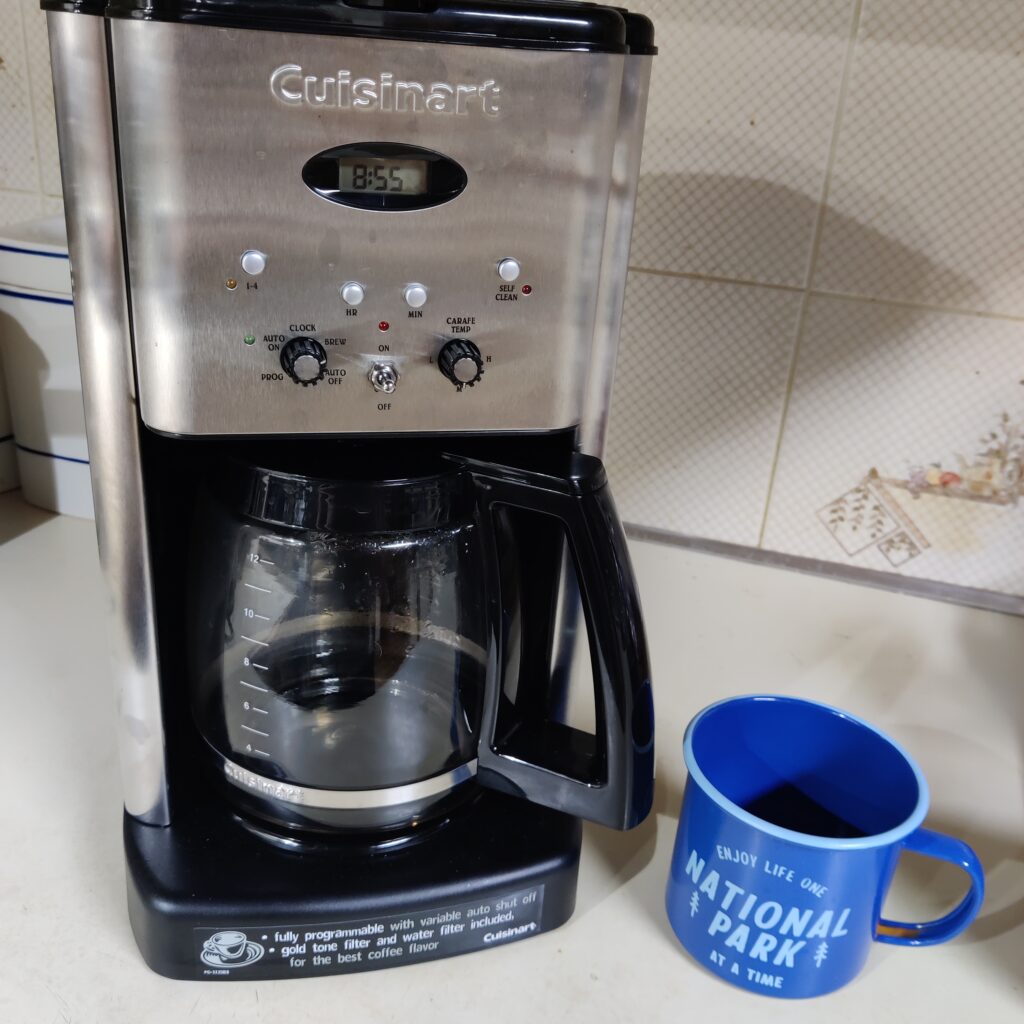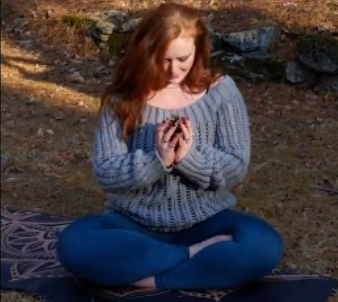We’ve all heard the saying. Most of us have probably said it at least once in our lives: “That’s just the way I am!”
All too often, the statement is made not with pride, but rather with resignation. Our traits – the aspects that make up our personality and even our identity – can feel burdensome at times. When the very nature of what we are causes us pain, that can very quickly become a depressing way to live. It leads to a deep and heavy shame.
Luckily, as humans, that’s not a place we need to dwell. The start of each new day allows us the opportunity to assess where – and who – we currently are in life, and decide for ourselves whether we want to make changes to that. Though it may seem overwhelming, the pursuit of new ways to grow is both an admirable and desirable endeavor. More importantly, it’s also a possible endeavor.
But when we feel as though our negative patterns are etched permanently into our DNA from the day of our birth, how do we hold onto the faith that we can find and follow our paths toward self-improvement? How can we overcome our personal history and unhelpful inclinations to become the person we want to be?
The secret trick is Mindfulness.
What is Mindfulness?
Mindfulness is a practice of being intentionally present and aware. It is a deep focus on the objective nature of things, in whatever place and moment you find yourself in. It’s becoming aware of everything both outside and inside yourself, free of judgment or bias. Mindfulness can be viewed as a prerequisite precursor to meditation.
A regular mindfulness practice can grant you a much deeper understanding of who you are as a person, even if you’re only actively practicing for ten minutes per day. Even that small amount is enough to start giving you a greater ability to recognize your points of strength, and also the less-developed areas of yourself that they guard. The exercise also increases your intuition on how to best nurture those areas so that they may grow in the ways that you dream of. You might surprise yourself and exceed all your expectations.
Lessons and Skills From Mindfulness
Practicing an acute awareness of our inner selves and our mental state can help us understand where we are and the point that we are trying to grow from, which then allows us to build a solid foundation for what we want to become. Another one of the first lessons encountered in a mindfulness practice is how difficult it truly is to maintain a steady focus on any one detail.
Your mind is going to wander. It will do it repeatedly, and the frequency may even become frustrating at times. This is why most forms of mindfulness and meditation provide the practitioner with something concrete they can pull their attention back toward after each drift that they notice. A very common example is using the grounding sensation of the breath. This is because the breath is always with us. Whether you’re thinking about it or not, you are breathing. It’s a reliable and easy-to-find point of reference that you have access to at all times. It can behave like an anchor, keeping your mind tethered where you’d like it to stay.
Now, consider the fact that any and every alteration you make to your behaviors requires your focus, no matter how minor it may be. That’s why one of the most effective and definitive ways to sabotage a new routine is to change the whole thing at once. When you understand the amount of effort required to focus on one single thing, it becomes clearer how lofty an expectation of yourself it is to apply that same level of attention to multiple (or worse, myriad) aspects of your life concurrently.
How Do We Apply Mindfulness to Growth?
Let’s look at it as it applies to our routine, because that’s an excellent example. A routine is essentially a series of habits. The longer you’ve had them, the more deeply entrenched they become, until they are almost reflexive. An established routine requires very little mindfulness, if any. Your morning routine is probably a good example of this. You likely face very little difficulty dressing yourself or starting the coffee pot even before you’re fully awake and thinking with all your faculties.

Our well-established habits can be as automatic as breathing, and we can use them to keep ourselves tethered in a similar way. With mindful intention, we can use them as anchors for the new behaviors we want to establish. For example, if you wanted to add daily affirmations into your mornings, you could decide to recite them into the mirror immediately after brushing your teeth. Creating the association won’t eliminate the need for a more intense focus, but it will lessen the amount of effort involved.
Give Yourself Grace
Remember, growth is a process. You won’t wake up a new person simply because you’ve decided that you want to become one. It is through repetition that our habitual behaviors are formed. Your new ones will require practice before they are thoroughly ingrained. So, keep your focus trained on your next step and try not to obsess over your ultimate goal. You’ll get there in time, but only if you’re mindful of the small pieces, and the way you’re progressing in the more immediate moments.
As time passes, you will start to notice how far you’ve come. You’ll recognize a moment where you reflexively respond the way you want to, rather than the way that you used to. Give yourself space to appreciate what you’ve done. Take the time to admire your growth, and allow yourself to feel some pride. You earned that progress step by step and that’s how you will continue to learn and grow, and move forward on your path. If you’re finding resistance in yourself toward the changes you want to make, try breaking them down into smaller parts and make the transitions even more gradual.
Be gracious with yourself if you’re not meeting the goals that you set. You’re allowed to make adjustments, or even change your mind entirely. You get to decide what kind of person you want to be, and it’s a decision that you can make every day and every moment. Allow yourself the time to practice mindfulness, to take a step back to breathe, and gain perspective. Bring your awareness into yourself and figure out which way forward works best for you.
Have patience. Sometimes you will drift. The practice is to keep pulling yourself back.




